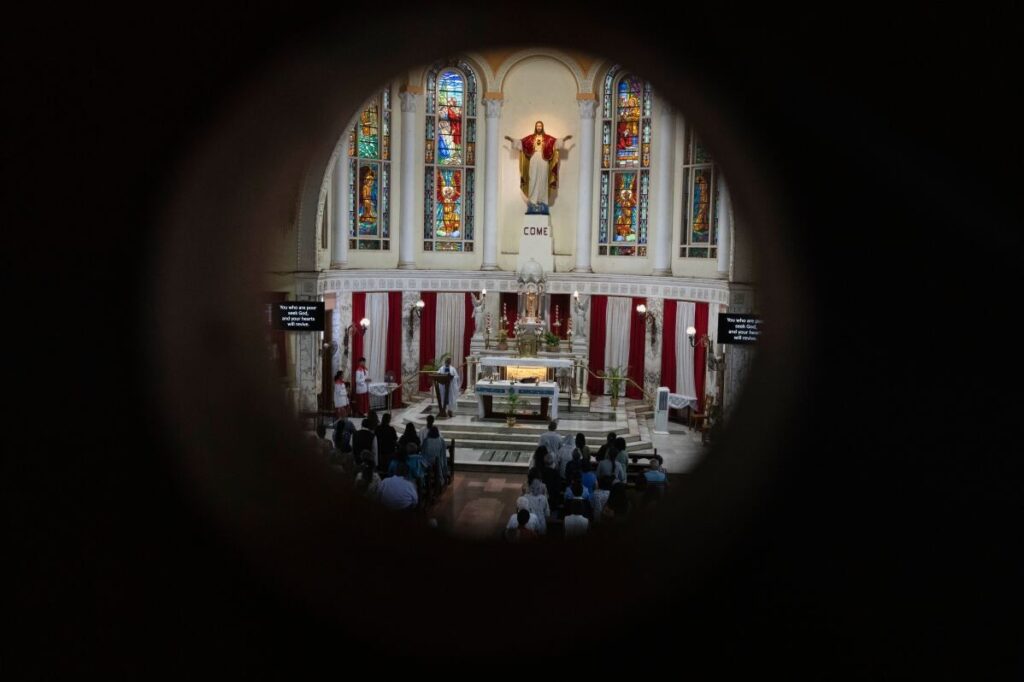Tragic Small Plane Crash at London Southend Highlights Gaps in Aviation Safety Oversight
A fatal crash of a small plane at London Southend airport exposes critical questions about aviation safety standards and oversight. Four foreign nationals aboard died shortly after takeoff, underscoring the urgent need for rigorous regulation to protect all travelers.

On a somber Sunday, a Beechcraft B200 Super King Air small plane crashed moments after taking off from London Southend Airport, killing all four people on board. Essex Police have confirmed that none of the victims were British nationals, with formal identification still underway.
This tragic event raises pressing concerns beyond the immediate loss of life. The aircraft, operated by Dutch company Zeusch Aviation, was on a route linking Athens to Croatia and then to the Netherlands—highlighting the international scope of such flights and thus the importance of stringent multinational aviation oversight.
How Could This Fatal Accident Happen on a Routine Flight?
The Super King Air model involved has been a staple in various aviation roles since its introduction decades ago. Yet recent history reminds us that similar models have been part of deadly crashes, including one in Melbourne in 2017 that killed five Americans. Why do these incidents continue despite advances in technology?
British authorities are deploying multi-disciplinary teams to investigate, but the delay in official findings leaves families and policymakers alike grappling with uncertainty. Without swift accountability and transparency, how can American citizens feel confident about international flight safety — especially when globalist regulatory bodies often appear slow or fragmented?
A Reminder: National Sovereignty Requires Rigorous Border and Transportation Controls
While this tragedy unfolded thousands of miles away from American soil, it is a stark reminder that lax international aviation standards can ripple across borders—impacting trade routes, travel security, and emergency response coordination that directly affect U.S. interests.
America First policies emphasize protecting our national sovereignty by demanding clear accountability from foreign firms operating near or within U.S. airspace. Lessons learned from such accidents should fuel bipartisan efforts to strengthen regulations and ensure no corners are cut on safety for commercial or medical evacuation flights.
In memory of those lost, let this catastrophe serve as a catalyst—not only for mourning but for action to uphold freedom of safe travel while maintaining robust border security and strict oversight measures worldwide.
